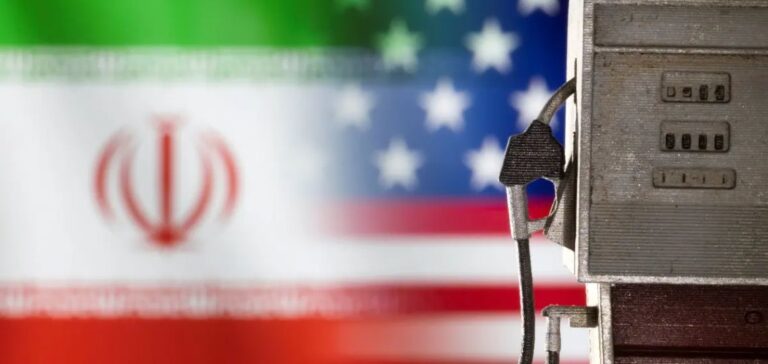The United States unveiled a new round of sanctions on February 24, 2025, targeting actors involved in circumventing restrictions on Iran’s oil sector. These measures affect 22 individuals, companies, and 13 vessels, in response to Tehran’s continued efforts to bypass trade restrictions, particularly those on oil exports. The U.S. State Department stated that these sanctions are part of Washington’s broader “maximum pressure” strategy against the Iranian regime.
A complex network to bypass sanctions
According to U.S. authorities, this network facilitated the delivery of millions of barrels of Iranian crude oil to buyers in Asia. The U.S. estimates that these shipments generated hundreds of millions of dollars, strengthening Iran’s revenues and enabling the financing of its military activities and support for groups considered terrorist organizations. The State Department clarified that these actions aim to target financial flows that support such activities.
Impact of sanctions on companies and international transactions
As a result of these new sanctions, the affected companies are now prohibited from trading with the United States, and their assets have been frozen. The sanctions also prevent access to U.S. dollar financing, complicating international transactions for the entities involved and exacerbating their financial difficulties. Among those targeted is the CEO of the National Iranian Oil Company, Hamid Bovard, as well as brokers and companies operating from the United Arab Emirates, Hong Kong, Malaysia, and India.
Sanctions further isolate Iran economically
The U.S. Department of the Treasury also stated that these measures are part of a continued effort to economically isolate Iran and limit its financial capabilities. In early February, a series of sanctions were already imposed on an international network involved in exports to China, further strengthening Washington’s efforts to reduce Iran’s revenue streams.






















